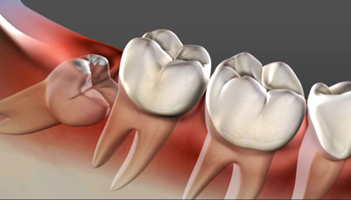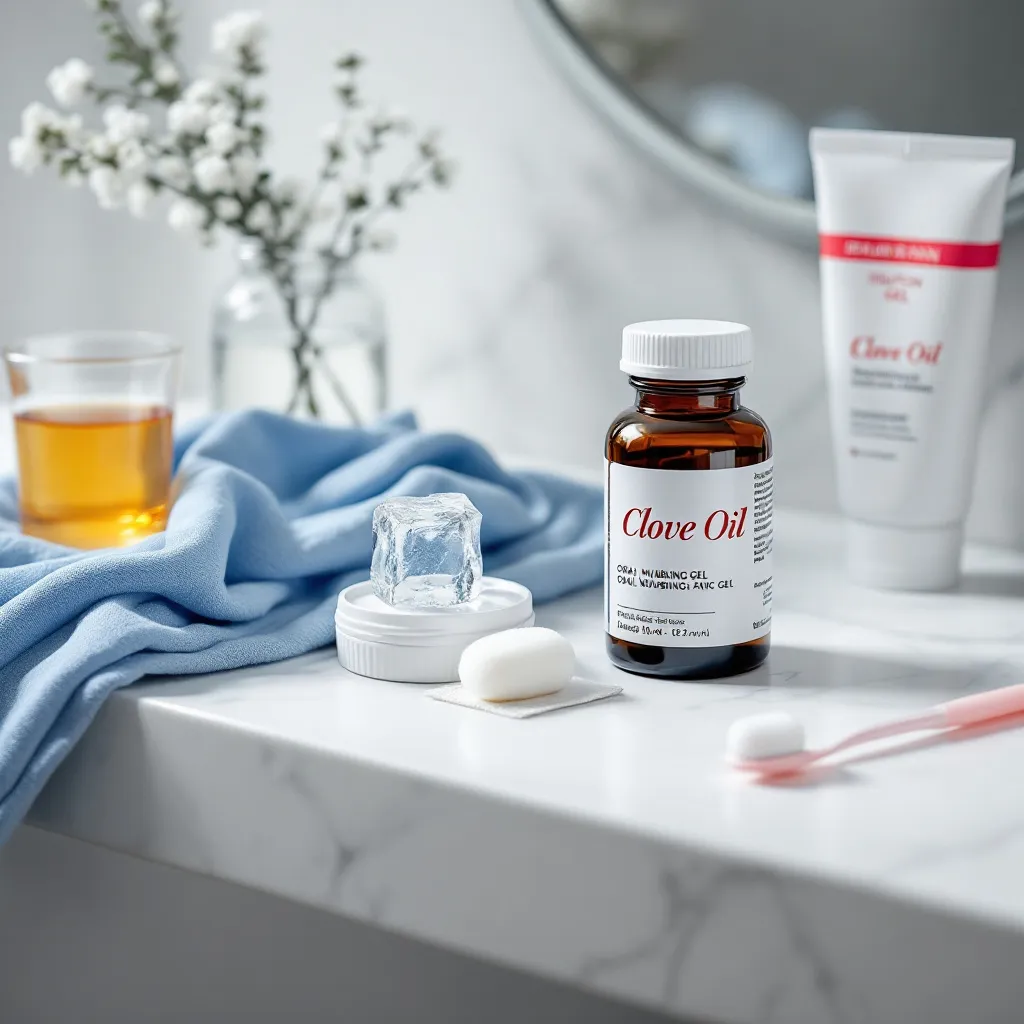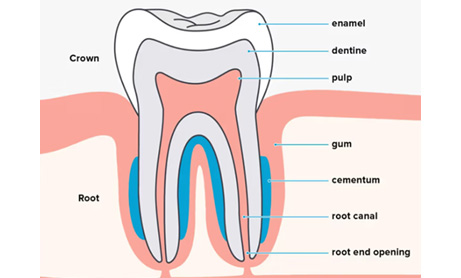
"Prevention is better than cure"
We have all heard this age old adage. We even agree with it. We just fail to abide by it. How many of us go to the dentist for a routine checkup? Most people have a tendency to ignore their teeth until they experience unbearable pain. Often at that stage, an elaborate treatment is needed. Thus, an issue that would have been sorted quickly, needs multiple visits and more expense. In some cases, a delay would mean losing a tooth.
We at Barve Dental Clinic, firmly believe in preventing over treating. Hence, we ensure to educate all our patients about ways to maintain their oral health and minimise the risk of cavities. This article mentions the different ways in which we can prevent damage to the teeth.
Preventive modalities
- Brushing and flossing
- Mouthwash
- Fluoride pastes and gels
- Topical fluoride
- Pit and fissure sealants
- Diet
- Regular checkup
Brushing and flossing
This is the basic requirement to maintaining good oral hygiene. Brushing twice a day, including at night, goes a long way in keeping your teeth healthy. Especially important is brushing at night to ensure that no food is left in the mouth when we go to sleep. This is because unlike during the day when rinsing and drinking water helps to clear the food, at night the food remains on the teeth, increasing the chance of cavities. Moreover, the saliva production is also lower during the night, further decreasing the clearance of food. This is why dentists insist on brushing at night.
Brushing however well done, has limitations. It can sometimes fail to remove food lodged in between two teeth. This is why flossing along with tooth brushing is recommended. Ask your dentist about the correct technique for brushing and flossing.
Mouthwashes
Mouthwashes help to reduce bacterial activity in the mouth. Some mouthwashes also contain fluoride, which helps to fight cavities. There are several mouthwashes in the market. Preferably choose an aqueous (water-based) mouthwash over an alcohol-based one. Avoid using a mouthwash indiscriminately. Ask your dentist about which mouthwash to use for your oral condition. Remember, mouthwashes are an adjunct, and not a substitute for brushing.
Medicated toothpastes and gels
There are toothpastes and gels available that are concentrated in calcium phosphate and fluoride. These work by remineralising damaged enamel and strengthening it to make it more resistant to decay. They are generally not available over the counter, but can be provided by your dentist. Nowadays, some brands are also available online.
Topical Fluoride treatment
Fluoride is a mineral that has long proven to have beneficial effect on tooth enamel. Fluoride combines with the hydroxyapatite in the enamel to form fluorapatite. Fluorapatite is much more resistant to acid attack, which is what causes cavities. Your dentist will apply a concentrated fluoride gel or varnish on your teeth and will ask you to leave it on for a few minutes before rinsing.
Pit and fissure sealants
The back teeth which are used for grinding have deep and narrow dents and grooves called pits and fissures. These tend to trap food in them. Often, these grooves are so narrow that the bristles of a toothbrush don’t reach well enough to clean it entirely. This trapped food then gives rise to cavities. Pit and fissure sealants as the name suggests, fill these grooves to produce a smooth biting surface that doesn’t trap food. Thus, sealants help to reduce the chances of cavities. Some sealants incorporate fluoride in their composition which adds to their beneficial action. No drilling is needed for this procedure. It is painless, quick and highly effective!
Diet
Diet plays an important role in overall health including your oral health. Knowing what food to have, when to have it, and more importantly what to avoid can help to minimise the incidence of cavities and improve gum health. For information regarding how food can affect your mouth, check out the article on Diet and Oral Health on our website here
Regular checkup
Cavities and gum infection at an early stage usually don’t produce any symptoms. That is why they often go unchecked until they get to an advanced stage, at which point an aggressive treatment may be needed. At an early stage, cavities can be fixed quickly, painlessly and at a lower expense. Hence, it is better to diagnose them as early as possible. Getting the plaque and tarter buildup cleaned regularly ensures gum health. For this, we recommend six-monthly checkups and scaling (cleaning).
Implement the above mentioned preventive measures to ensure the health of your teeth. Let’s keep those pearly whites looking and feeling great!










